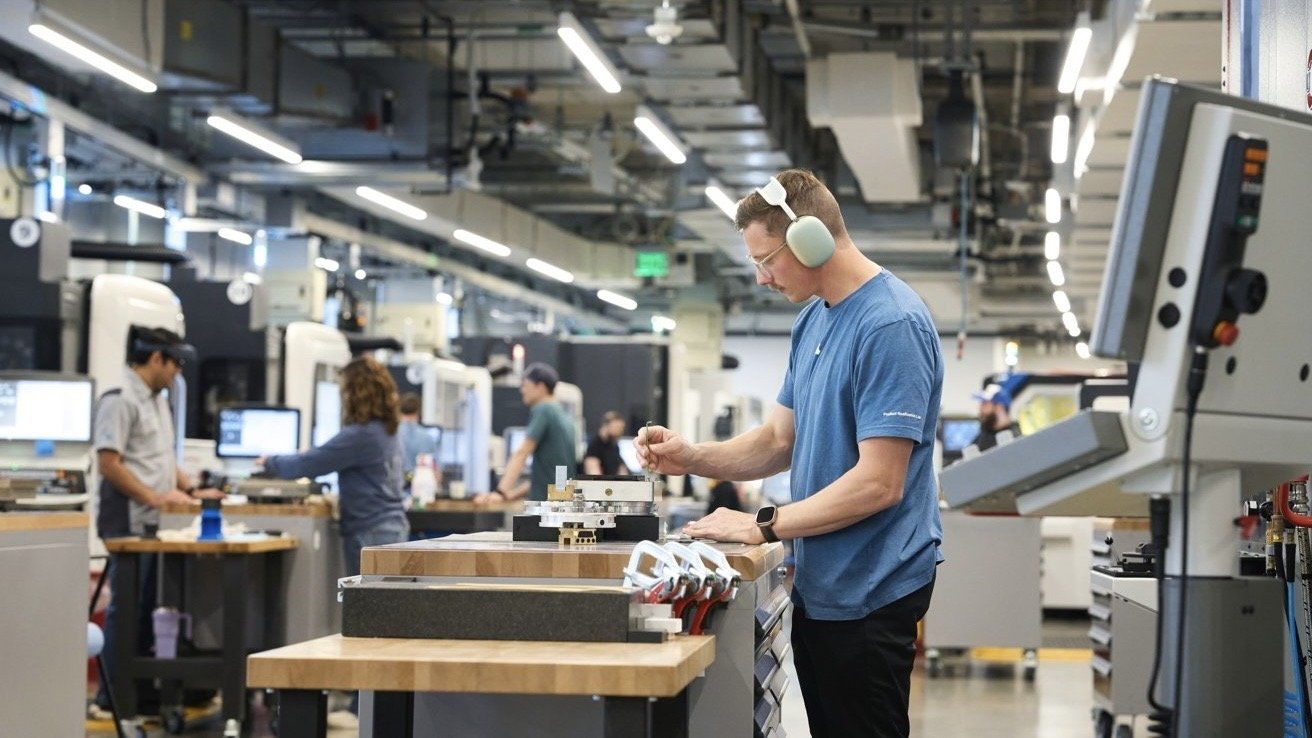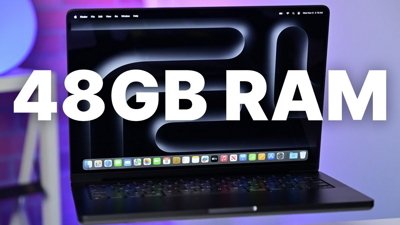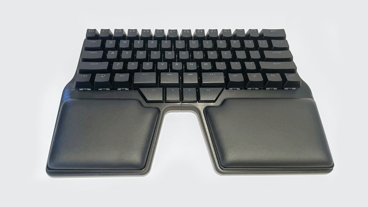Apple component supplier Texas Instruments is making the largest investment in foundational U.S. chip production to date, expanding with a $60 billion build across Texas and Utah.
Texas Instruments is putting more than $60 billion into new chip factories across Texas and Utah, a move the company says will support over 60,000 jobs and help secure the supply of key components for everything from the iPhone to cars.
The investment covers seven fabrication plants that use 300mm wafers, a mature process ideal for TI's analog and embedded chips. For Apple, these are chips that are used for power management and in touchscreen controllers.
Biggest investment in US foundational chipmaking
includes building out three major sites. In Sherman, Texas Instruments is running its first fab and finishing the second.
Two more are on the roadmap. Richardson, Texas is ramping up a second fab as well, while Lehi, Utah is getting a second facility to support its existing production line.
All of these plants focus on dependable, low-cost chips. They won't break performance records, but they'll help power millions of devices, from medical monitors to car dashboards.
TI says it wants to keep these foundational components affordable and available, especially as global demand keeps rising. Major American companies are lining up in support, including Apple.
Apple CEO Tim Cook praised Texas Instruments for its role in powering Apple's products and supporting U.S. manufacturing.
"Texas Instruments' American-made chips help bring Apple products to life, and together, we'll continue to create opportunity, drive innovation, and invest in the future of advanced manufacturing across the U.S," Cook said.
Ford is also on board. CEO Jim Farley pointed out that most Ford vehicles sold in the US are also built in the US, and said having a domestic chip partner strengthens that supply chain.
While Apple designs its own high-performance processors and relies on overseas fabs like TSMC for production, it continues to source key components from TI. The goal of Cook's aim to strengthen domestic partnerships and invest in resilient, U.S.-based supply chains.
Texas Instruments' $60 billion investment lands at a time when the U.S. is still struggling to rebuild domestic chipmaking capacity. Most of the national conversation has focused on high-performance computing.
These mature 300mm fabs can produce chips at scale, with predictable yields, and without the constant churn of process shrink cycles.
These fabs aren't cheap, and they won't pay off fast. But once they're built, they give TI pricing power, supply control, and leverage with customers who increasingly want U.S.-based production.
 Andrew Orr
Andrew Orr










-m.jpg)



 Marko Zivkovic
Marko Zivkovic
 Malcolm Owen
Malcolm Owen



 William Gallagher
William Gallagher
 Christine McKee
Christine McKee









7 Comments
Kinda ironic really when Intel are laying off thousands. Perhaps there will be a fab that TI can buy cheap and save a few years and a lot of $$$$$
I guess Intel is wedded to the wrong sort of chip?
Great! Low budget and low power chips made by robotics! Just how you compete!